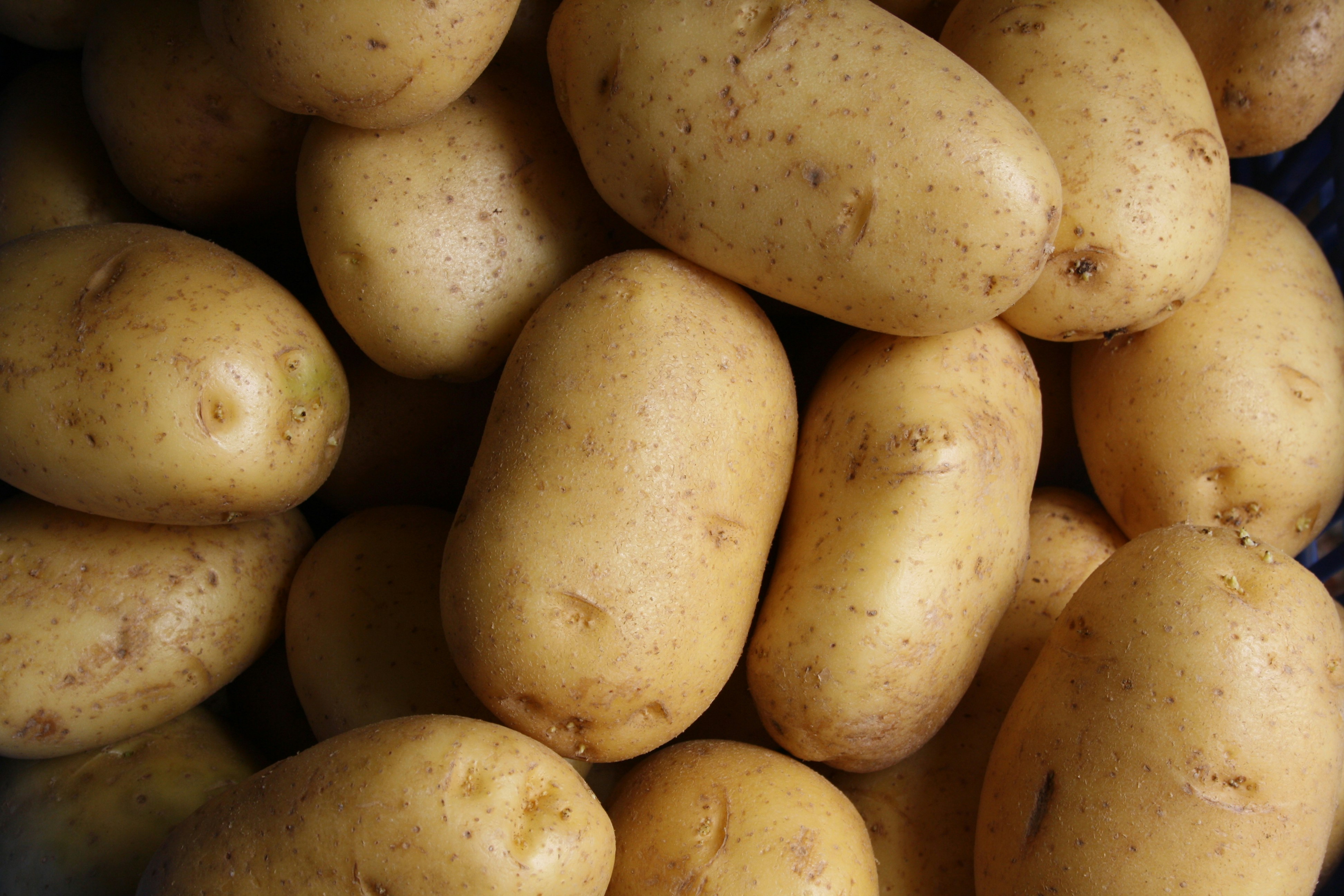Have you ever wondered why you reach out for junk food when you're in a trashy mood? Researchers have found an answer to this mood swing by combining two theories. One theory is 'affective regulation' - how people react to their moods and emotions - and the other is 'temporal construal' - the perspective of time to explain the food choices we make. "Conceptually, when people feel uncomfortable or are in a bad mood, they know something is wrong and focus on whatever is near. We demonstrated that this kind of thinking gets us to focus on the sensory qualities of our foods - not things that are more abstract like how nutritious the food is," said researcher Gardner M. Wansink.The study was published in the Journal of Consumer psychology and it demonstrated that when people are in a good mood, things seem okay, so they can take a big picture perspective. This kind of thinking allows people to focus on the more abstract aspects of food, including how healthy it is.
In the first study, the researchers investigated the effect of a positive mood on evaluations of indulgent and health foods. Next, they studied whether individuals in a negative mood - who had read a sad story - evaluated indulgent foods more positively and whether those who were in a positive mood indicated a desire to remain healthy till their old age."The findings demonstrated that individuals select healthy or indulgent foods depending on whether they are in a good or a bad mood, respectively," added Wansink.Individuals in positive moods who make healthier food choices are often thinking more about future health benefits than those in negative moods, who focus more on the immediate taste and sensory experience.
In the first study, the researchers investigated the effect of a positive mood on evaluations of indulgent and health foods. Next, they studied whether individuals in a negative mood - who had read a sad story - evaluated indulgent foods more positively and whether those who were in a positive mood indicated a desire to remain healthy till their old age."The findings demonstrated that individuals select healthy or indulgent foods depending on whether they are in a good or a bad mood, respectively," added Wansink.Individuals in positive moods who make healthier food choices are often thinking more about future health benefits than those in negative moods, who focus more on the immediate taste and sensory experience.
Advertisement










